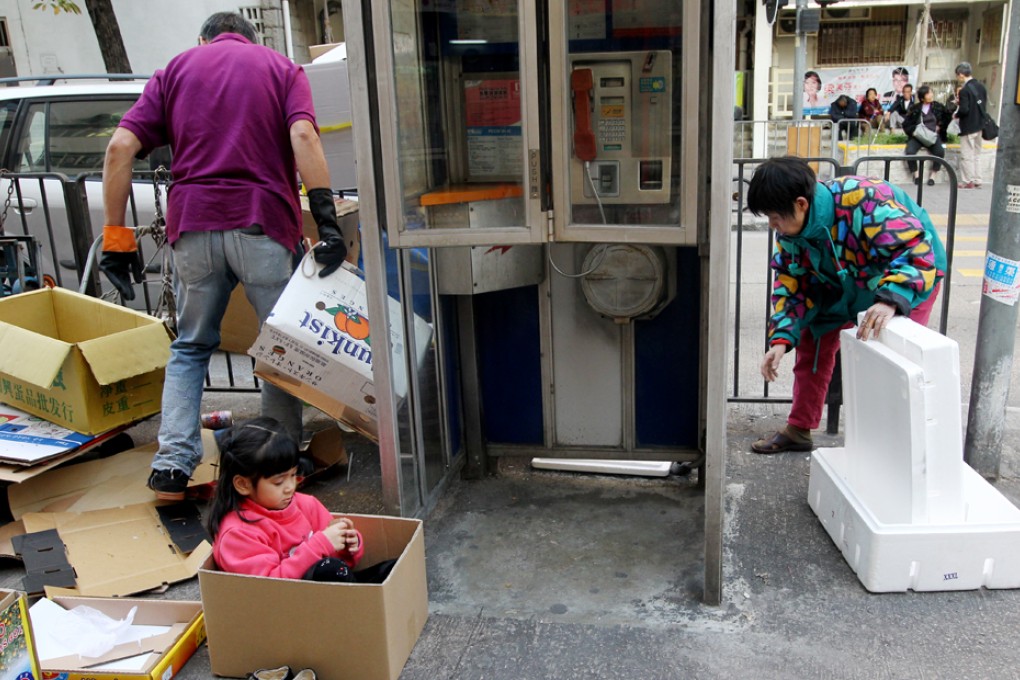Income the key factor in setting poverty line
Income is the most common measurement for poverty worldwide, although it is used in different ways to reach a definition. The Organisation for Economic Co-operation and Development and the Hong Kong Council of Social Service both use a level of half or less than half of the median household income to define poverty.

Income is the most common measurement for poverty worldwide, although it is used in different ways to reach a definition.
The Organisation for Economic Co-operation and Development and the Hong Kong Council of Social Service both use a level of half or less than half of the median household income to define poverty.
Compared to the whole world, Hong Kong's elderly poverty rate is still high
Globally, this benchmark ranges from 40 to 70 per cent. In the European Union people falling below 60 per cent of median income are said to be "at risk of poverty".
The council's chief officer for policy research and advocacy, Mariana Chan Wai-yung, said the poverty rate of Hong Kong's elderly at 32.6 per cent - set out in a report by the non-government organisation yesterday - was close to double that of the general population's 17.1 per cent and a good indication of the reality.
"Compared to the whole world, Hong Kong's elderly poverty rate is still high," she said.
The council's business director, Chua Hoi-wai, pointed to a census report indicating that most Hong Kong elderly had assets ranging from tens of thousands of dollars to a few hundred thousand - not enough to support a decade of retirement.